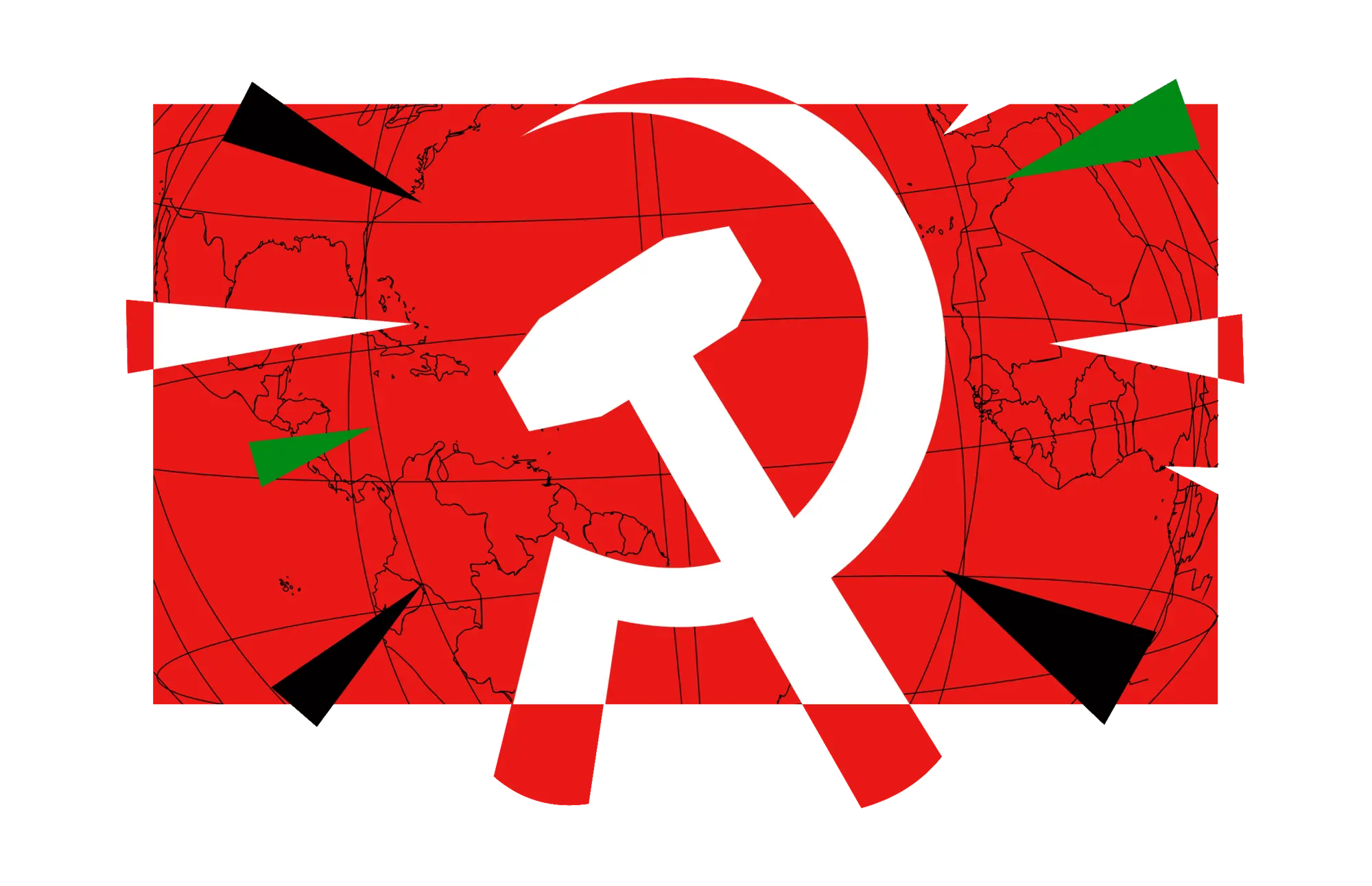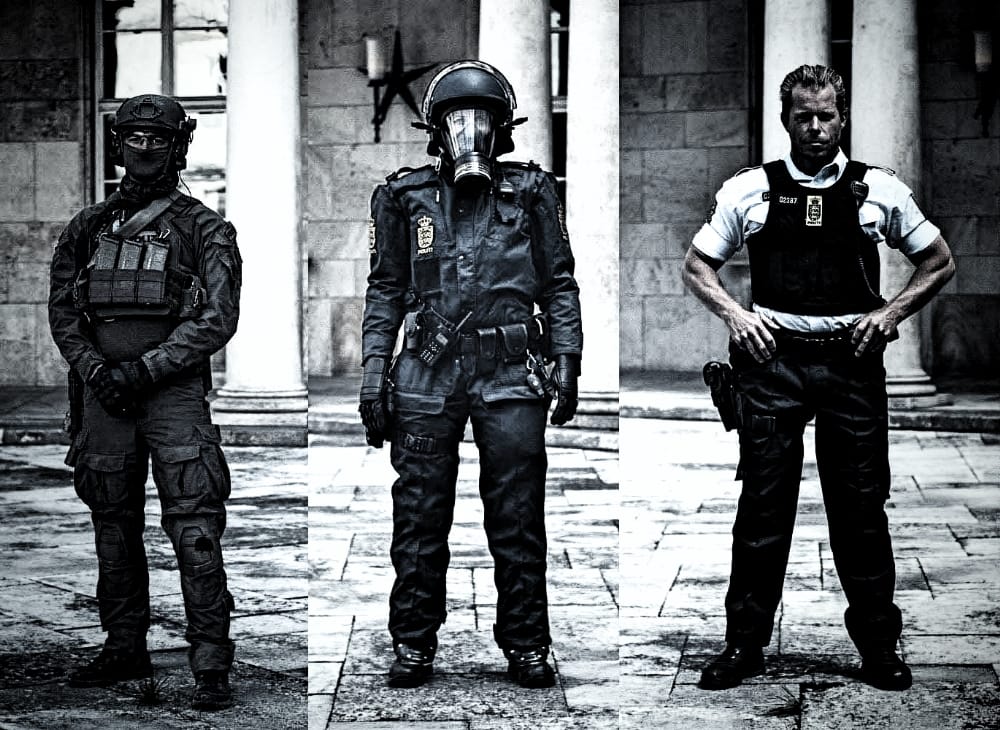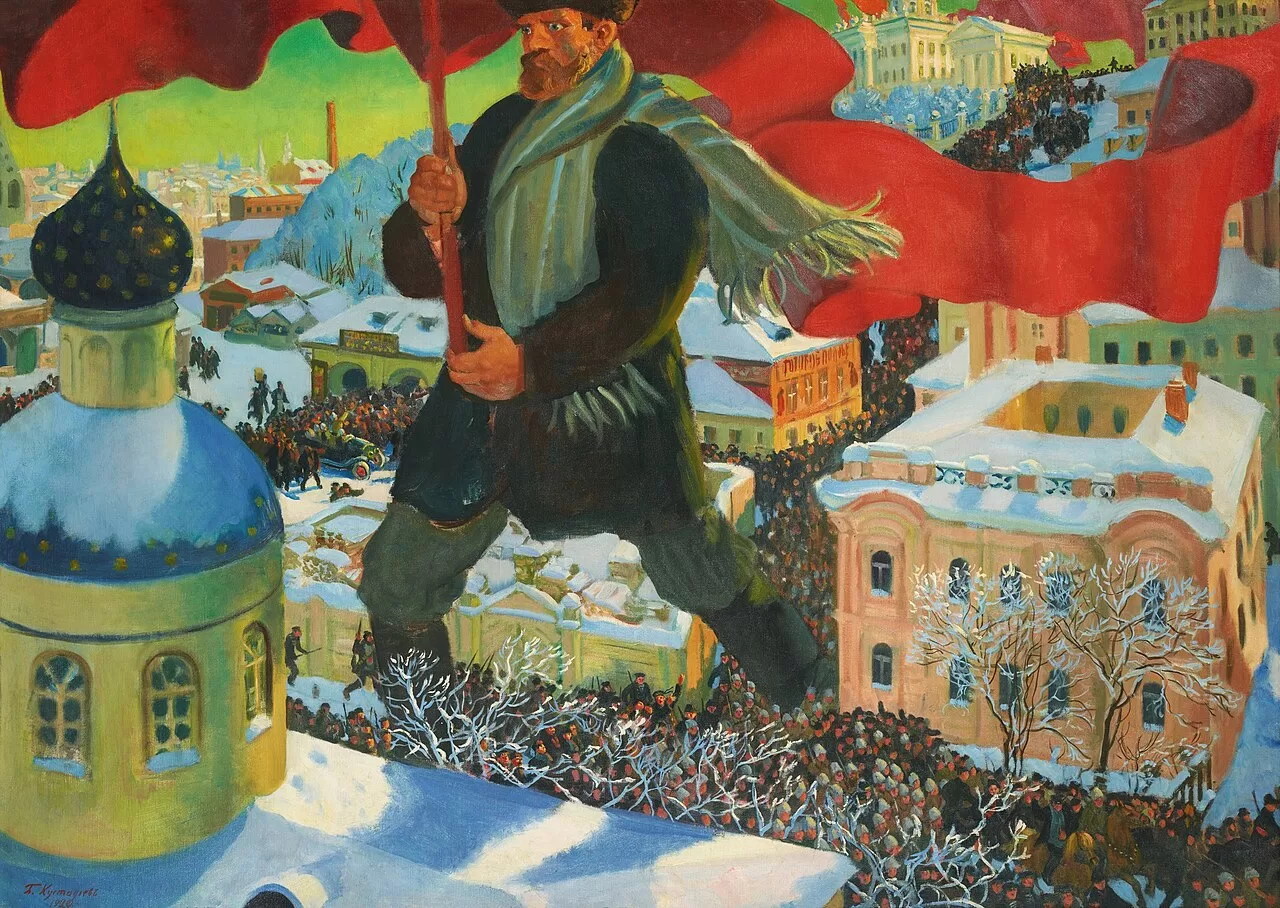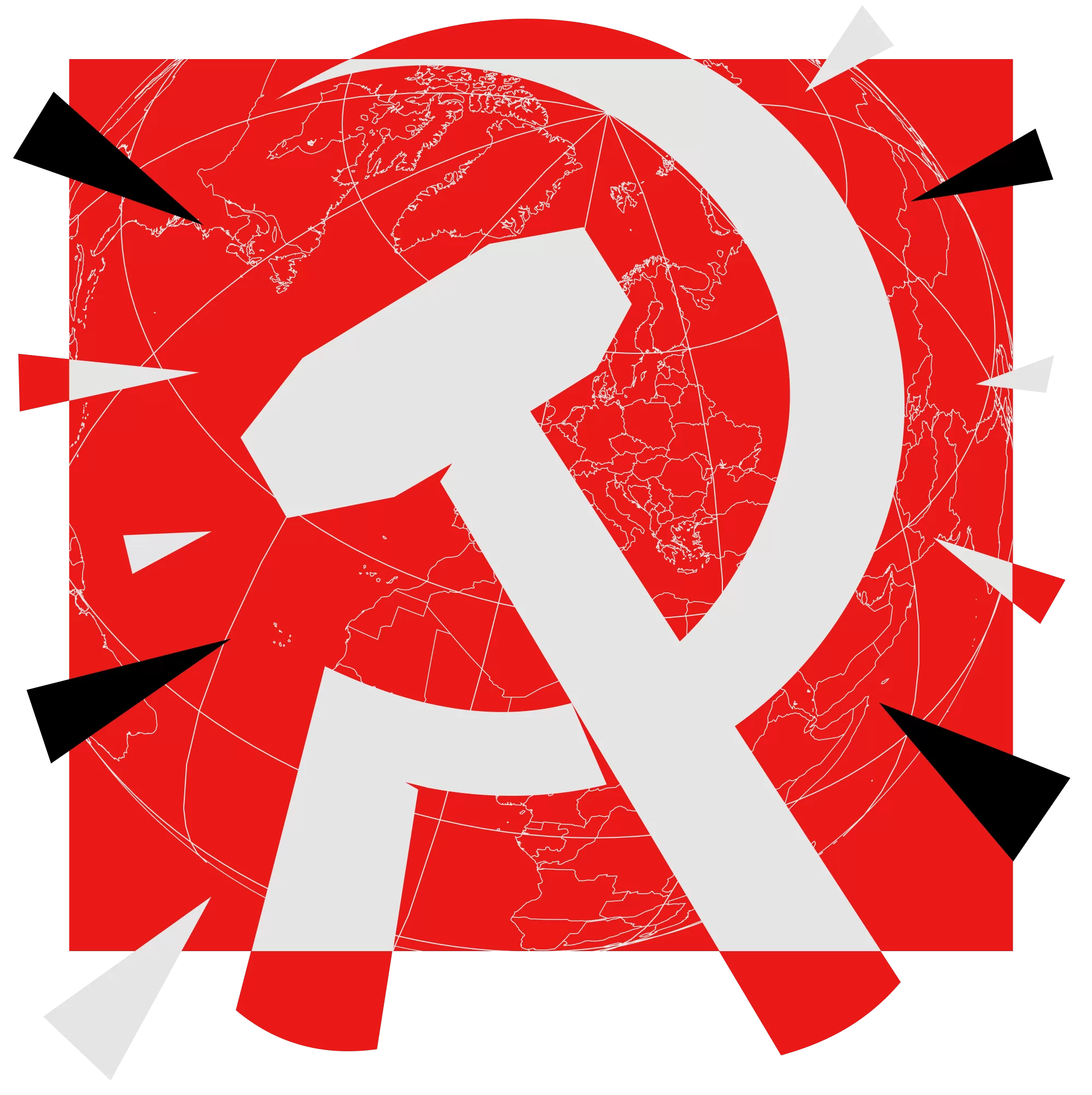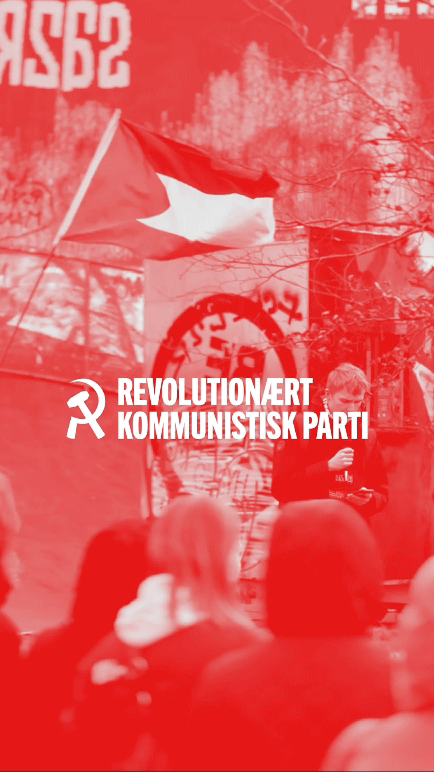The day before the May Day was the day when the result of the vote on the new wage agreement for public sector workers was announced. There had been negotiations for a long time, but the result of the negotiations was very bad, so the leaders of the unions feared that the members would vote No and in this way start a strike. The top leaders had presented the result as the best possible one, and they said that it was impossible to get a better one through strikes. But the dissatisfaction with the result was very big, and in some unions the leaders were forced by the members to recommend a No vote. The result included a 5.55% pay rise over three years, but then there is inflation, and most economists reckon that there will be no real pay rise at all or maybe even a fall. There were a few good things in the result, like two extra days off every year, and very small improvements in pensions. For some groups of workers the result included a direct worsening of the rules for when and how long they can work. The biggest issue in the negotiations was the further spreading of the so-called New Wage system which is a system of individually negotiated wages that workers can get by doing “something special” at the workplace. This is a very bad system which can split the workers; it will widen the difference in wages and it threatens the right to negotiate collectively. So all in all the result of the negotiations was very bad.
Unfortunately the vote didn’t give the No that many workers had hoped for. Less than 50% of the workers voted, and 51.9% voted Yes, 48.1% No. In certain groups of workers, like teachers and hospitals, there was a massive No vote. Afterwards the unions’ chief negotiator Poul Winckler commented on the low participation in the vote saying that apparently people were not so interested in their work conditions as he had thought! But he and the other top leaders are the ones who are not interested in better conditions. They accepted the result in the first place and recommended people vote for it, and they told people that it was no use fighting for a better result! After the vote many workers have demanded a re-vote, since there were big mistakes in the voting procedure. Several thousand workers who were supposed to vote didn’t get a ballot paper, and even more who shouldn’t have voted did get one! But the leadership has so far rejected the call for another vote, since it could quite possibly be a No this time – for example the truth about the non-existing pay rise has only been talked about in the media after the vote.
The low participation and the small Yes majority does not mean that the workers are satisfied – most of all it shows that people are disappointed with the leadership that doesn’t want to fight. This mood of disappointment could also be felt at the May Day demonstrations. The leadership has failed to put forward an alternative to the attacks of the bourgeois government and this has lead to a certain disillusionment among a number of people.
The labour movement in Denmark is in a situation where there is really a need for a fighting leadership. The government has already proposed a whole series of attacks on the welfare state and the workers’ movement in its short time in power, and they are not going to stop here. There has already been big demonstrations of young people and workers. March 20 was the biggest political demonstration of the unions since the big movement in 1985. There have been meetings of shop stewards. Even the top leaders have begun to talk about class struggle, because of the pressure from below and because some of the attacks of the government also threaten their positions. But they have completely failed to unite the protests and lead them forward; they have given no political alternative, but only give some more “left” sounding speeches without real content. At the biggest May Day demonstration, the one in Copenhagen, ex-prime minister and chairman of the social democracy Poul Nyrup showed up for the first time in ten years and made a speech with hard criticism of the government’s policies, but it sounded very hollow, since his government had more or less the same policy and the social democracy also recently actually voted for the government’s proposal for the state budget which includes big cuts on welfare.
The Danish workers and youth have already shown that they are willing to fight against the attacks of the right-wing government but the leaders have shown that they are not willing to lead the struggle unless they are forced to do it. Even in this situation the May Day demonstrations were still a powerful demonstration of the strength and numbers of the workers’ movement with more than 75,000 at the different events in Copenhagen.
